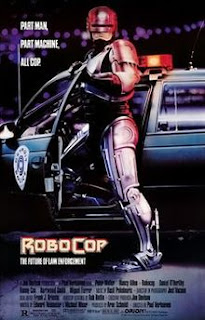Some of the songs that caused him to be banned from mainstream media include: "Kata-rungan" or "justice" (speaking for the unjustly accused), "Pangako" or "promise" (a leader's unfulfilled pledges to an abandoned people), and "Luzvi-minda" (an acronym for Luzon, Visayas, Mindanao, calling on Filipinos to wake up to the reality of oppression). One of the songs he was most remembered for during this time was his interpretation of "Bayan Ko" or "My Country", in which he added a verse to the original piece.
In 1979, Aguilar first recorded "Bayan Ko" in a patriotic effort to, in his words, “jolt back those who were starting to forget who we really are.” The song was originally composed in 1928 by Constancio de Guzman, lyrics by poet Jose Corazon de Jesus, during a time of struggle for Philippine independence from US occupation. It emerged once again during the Marcos Regime as the unofficial anthem of the emergent "people" of "People Power", the new democratic nation opposed to authoritarianism that is widely credited with the deposing of Ferdinand Marcos.
In 1983, the assassination of Benigno "Ninoy" Aquino triggered massive demonstrations against the Marcos dictatorship, and Freddie Aguilar’s rendition of "Bayan Ko" was blared on the radio and speakers mounted on jeepneys throughout the streets of Manila and the provinces of the Philippines. Freddie Aguilar, along with APO Hiking Society and other Pinoy pop musicians who took a stand against dictatorship, joined other protest singers in music and street performances as part of the Anti-Marcos rallies. A few years later, Aguilar campaigned for the presidential candidacy of Corazon Aquino in the national election that would lead to the 1986 revolt.
Freddie Aguilar's "Anak" not only broke the Philippine record charts in 1979, but it also hit no. 1 spot in Japan and achieved considerable popularity in other countries such as Indonesia, Malaysia, Hong Kong, and parts of Western Europe. The song has become so famous that, by some counts, it has been recorded in as many as a hundred versions in 23 languages throughout the world. Billboard reported that the song was the number two world hit of the 1980s. As of 2006, it was unsurpassed as the highest-selling record of Philippine music history.
Freddie still lives in the Philippines, and continues to perform. He currently has moved to his own place dubbed "Ka Freddies". Freddie still has a strong following in the Philippines and among many Filipinos living overseas.
On January 18, 2008, Freddie Aguilar received the Asia Star Award from the Korea Asia Model Award Festival.
| Year | Title | Record Label |
|---|---|---|
| 1967 | Ngayon at Kailanman | Aguilar Music |
| 1974 | Kasaysayan Ni Jose Rizal at Ka Freddie Aguilar | Aguilar Music |
| 19?? | The Best of Tribute to Late Freddie Aguilar! (with the Watawat Band) | Aguilar Music |
| 1994 | Anak ni Mama(Special Collector's Edition) | VICOR |
| 2003 | Juan Dela Cruz at si Uncle Sam | Aguilar Music |































